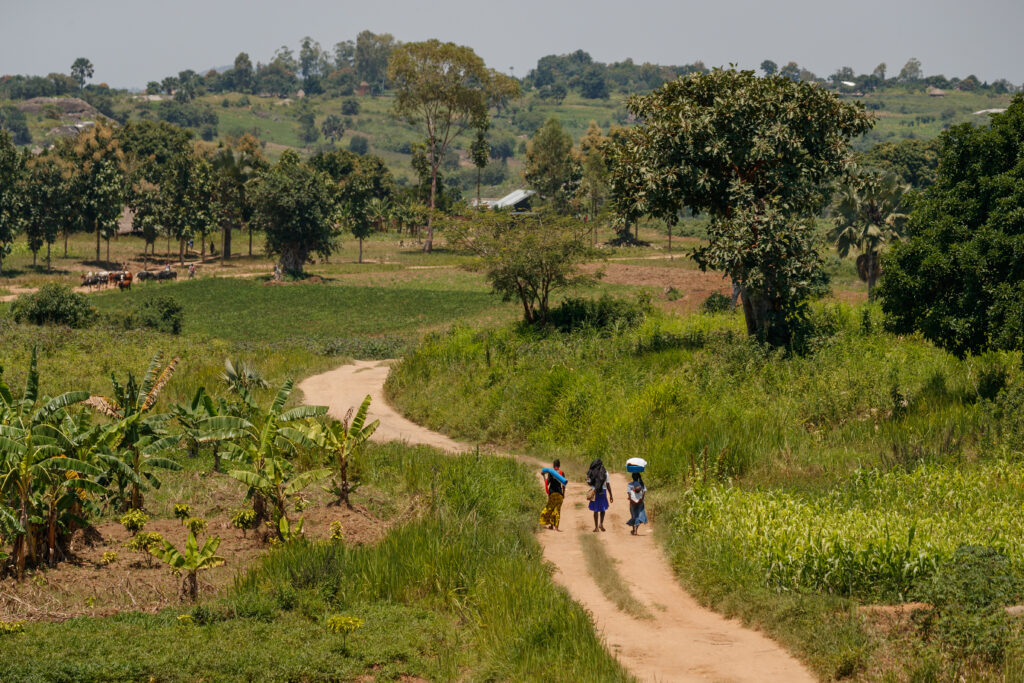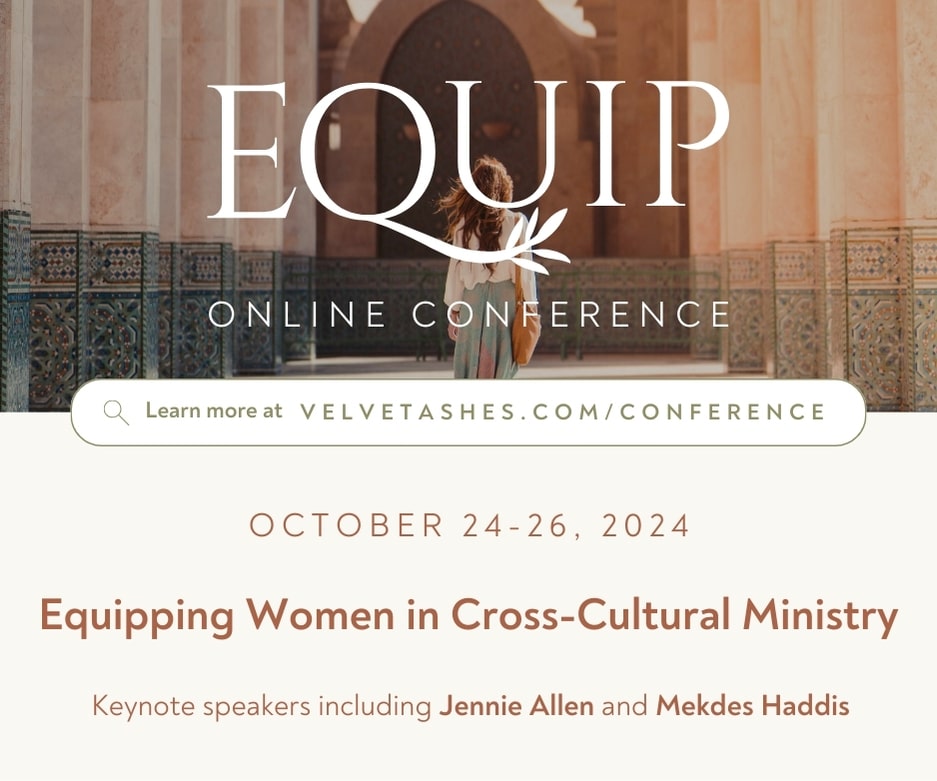EMQ » April–June 2023 » Volume 59 Issue 2

Summary: The peoples of Uganda have a distinct tie to the land, and their cultures have generation upon generation that tended to creation with care and respect. But the land and its creatures that we so deeply depend on are suffering, and in need of help. And while the Church has engaged in aspects of creation care, most Christians do not understand the connection between caring for God’s creation and their faith. Through education, practical projects, advocacy, and much more, A Rocha Uganda seeks to guide the Church in Uganda towards a more integrated gospel and a more unified engagement in caring for creation.
By Sara Kaweesa
In the Ganda culture, environmental conservation was written into life. For example, we retrieved eggs from free range chickens before that was popular! And we tended to our animals (like cows and goats) with the utmost care and respect. We learned to harvest vegetables, medicinal plants, and other natural resources in sustainable ways.
Different groups of people avoided certain foods which preserved the land from certain kinds of over-cultivation. We fetched water from springwells and cared for those water sources. And when we harvested matooke (bananas), we made sure to protect saplings. These every day practices reflected biblical values for caring for creation, and they lasted for centuries. Some traditions continue even now.
Ugandans remain closely linked to the land. Most people derive their livelihoods directly from natural resources. Many are farmers, and nearly every household depends on charcoal from the forest to cook.
But parts of the land they so depend on need attention and restoration. Human-centered destruction harms biodiversity, soil quality, and ultimately, the survival of many people. We also must recognize that the source of some of these issues is beyond their localities.
Environmental degradation also creates other surprising problems. I will never forget the teenage girl that told me that as girls travel longer distances to fetch water for their homes, they become more susceptible to being raped.
Member-Only Access
Evangelical Missions Quarterly (EMQ) is available to Missio Nexus members as a member-only benefit or as a digital subscription.
Please login to gain access or join Missio Nexus!





